We have been a member of the Baltic Sea Impact Network for one and a half years. One of the network’s founders, Reach for Change, recently asked us how we have developed as an organisation. Below are the questions they asked us and our answers.
Please describe briefly what your organisation does and how it started
At the Estonian Dialogue Academy, we help people become better communicators. We believe that open dialogue is vital for building strong communities and resilient democracies. We achieve this by teaching dialogue and critical thinking skills to both young people and adults. We also train people to facilitate group conversations. With courses in emphatic leadership, we support public institutions and companies.
In 2023, we started by delivering a first elective course at Avatud Kool (Open School) in Tallinn. Twelve students met for seventeen weeks, spending one and a half hours together each week to develop their dialogue skills. Since then, we have been expanding our portfolio step by step with courses, training sessions, youth programmes, public events and consultancy services. Our small team now includes a project partner and a volunteer.
Are there any news or updates you’d like to share about your organisation? What are you working on at the moment?
This year, we had our first successful fundraising. This has enabled us to launch our first major project: the Youth Dialogue Lab in Tallinn. Over the course of one year, 30 young people from Estonian, Russian-Estonian and Ukrainian backgrounds will work together, developing their dialogue skills, conversing with decision makers and organising their own public dialogue. This is a participatory project in which the young people lead on defining the topics they want to discuss and the type of training they would like to undertake. To this end, we are collaborating with various institutions and NGOs. The Youth Dialogue Lab is co-funded by the European Union.
What’s something you’ve achieved so far that you’re proud of?
At the annual Arvamusfestival (the Estonian Democracy Festival), we held an interactive public conversation on the main stage about people’s engagement in Central and Eastern European democracies. Using elements of dialogue, we demonstrated that public conversations centred on ideas and questions from participants are a strong alternative to the traditional and often dominant panel format. We believe that audiences are more important than speakers. To achieve this, we must give audiences a voice. Not just during a brief Q&A at the end, but from the very beginning. This public conversation was organised by the Open Estonia Foundation.
Why is the topic you’re working on important to you personally?
One of the biggest misunderstandings about group or public conversations is that they are zero-sum games. Time and again, We observe that many of us believe that if some people speak out strongly, there is no space for others to contribute. There absolutely is. However, this only happens if we empower each other to share our ideas and raise our concerns. Dialogue is a form of shared responsibility. We should support each other, ask questions and discuss topics that matter to us. This will make democracy more interactive and stronger. This is what I believe in and strive for every day.
What has been your biggest challenge so far and how did you overcome it?
Our biggest challenge at the moment is building a stable and financially healthy organisation. During the first phase of our development, we piloted many initiatives and said yes to a lot of requests. As we enter the second phase, however, we feel the need to focus on a few specific areas. We also working on strengthening our corporate network, as we don’t want to rely on subsidies alone. Ave Peetri, a great coach, is helping us with this. We also receive valuable advice from the other NGOs that share our office.
What’s your advice for aspiring social entrepreneurs who are just starting out?
Develop and continually refine your vision based on your personal beliefs. Don’t just consider the needs of potential partners or clients. You are your own most important driving force. Working with ideas can be scary, as you often only realise afterwards how you managed to make them happen. One great thing about vision-based work is that it allows you to easily connect with others who share the same values. Even if you haven’t completed many projects yet. So test your ideas, include others, share the results, and ask for feedback. We are generating our first revenues, but we are also investing a lot of our own time. Will we be successful? Ask us again in five years.
Reach for Change had been running a campaign to highlight our work, they made these visuals for that:
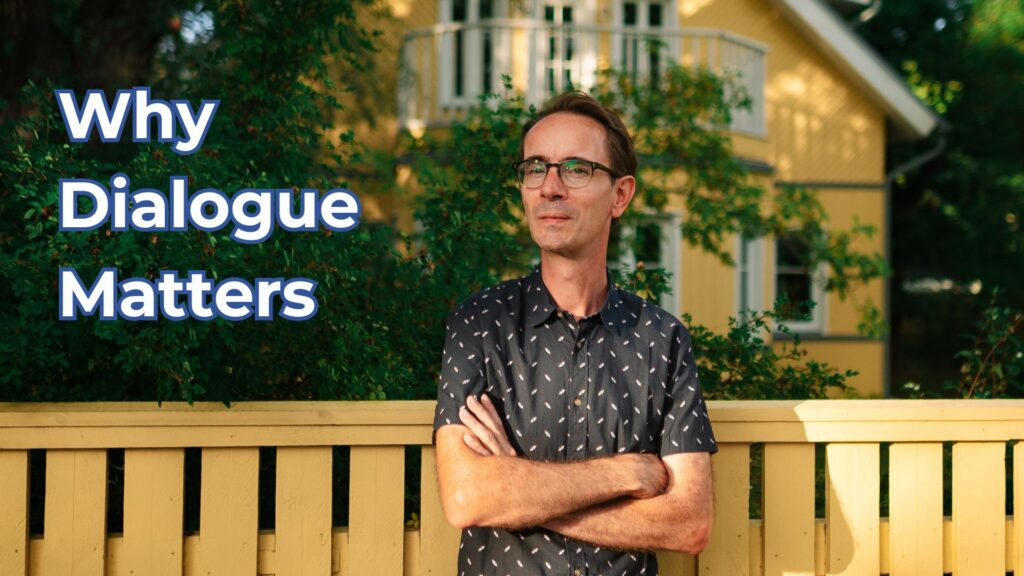
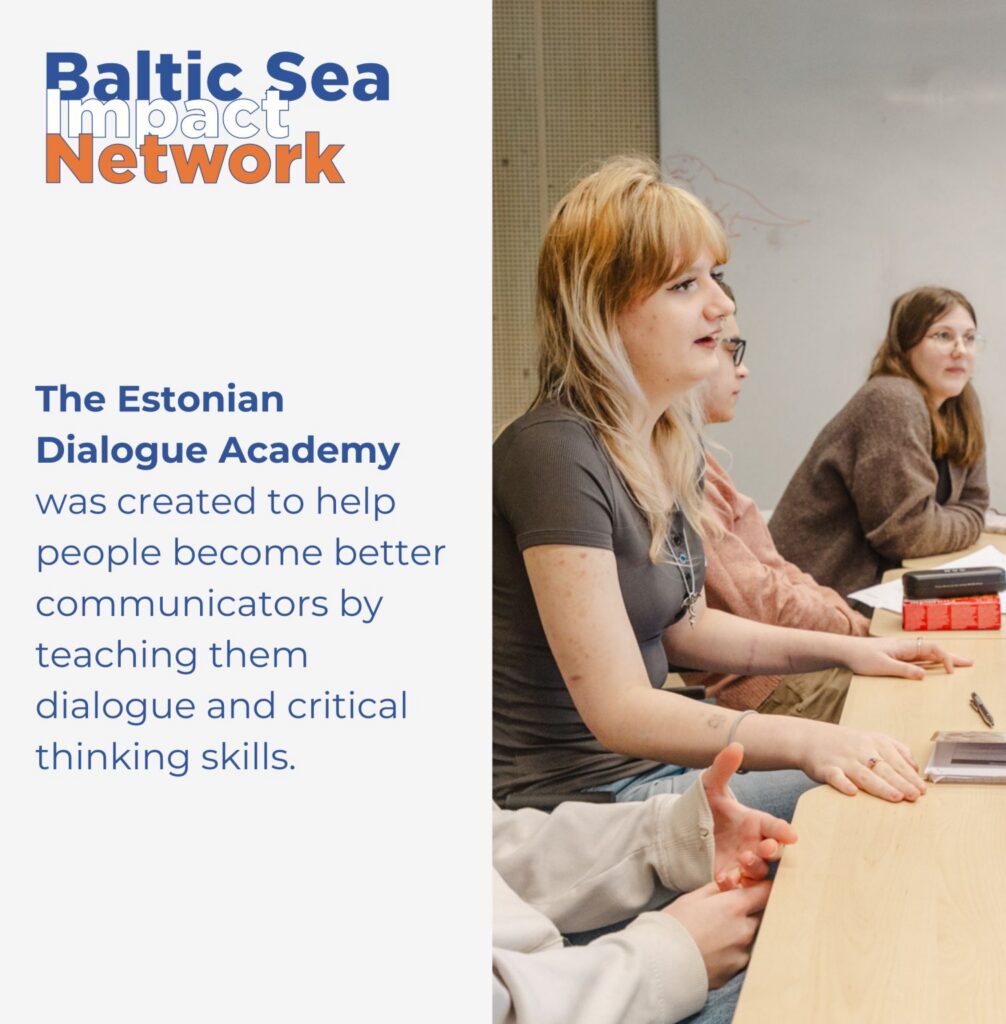
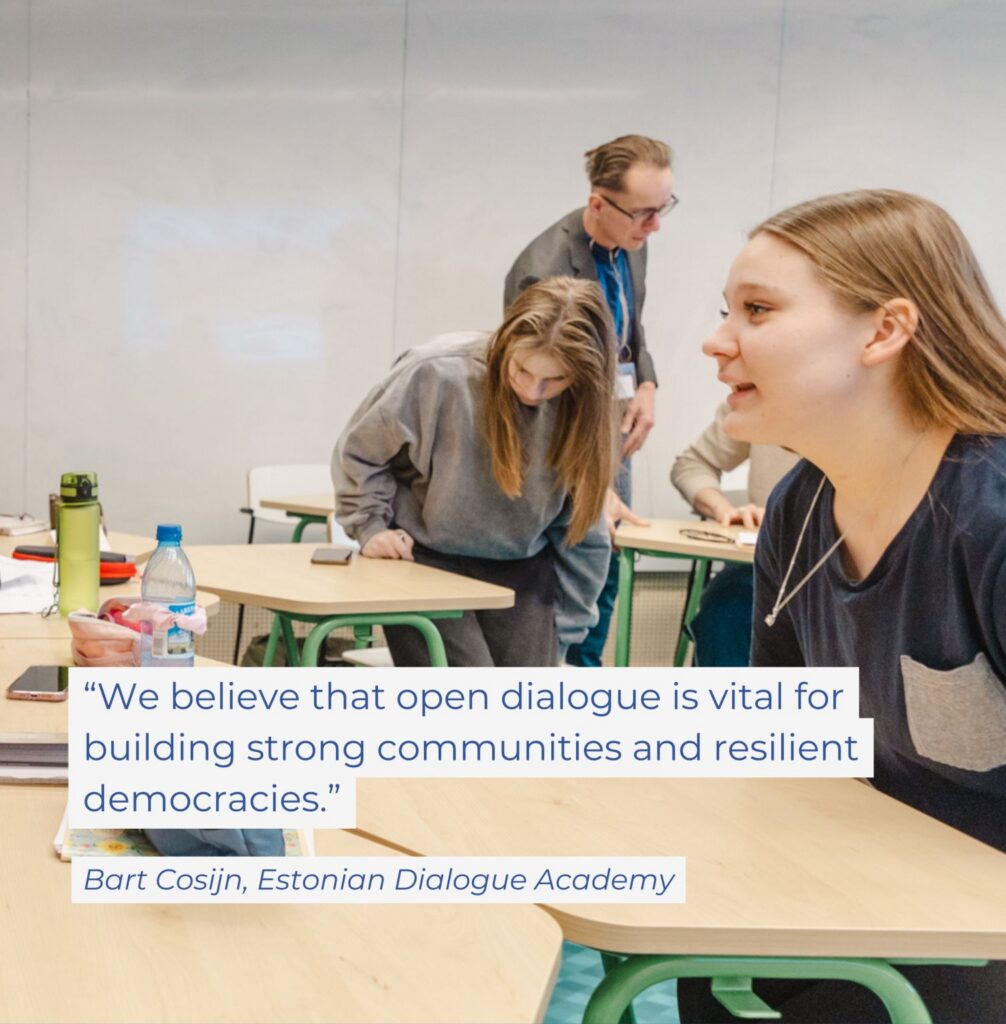
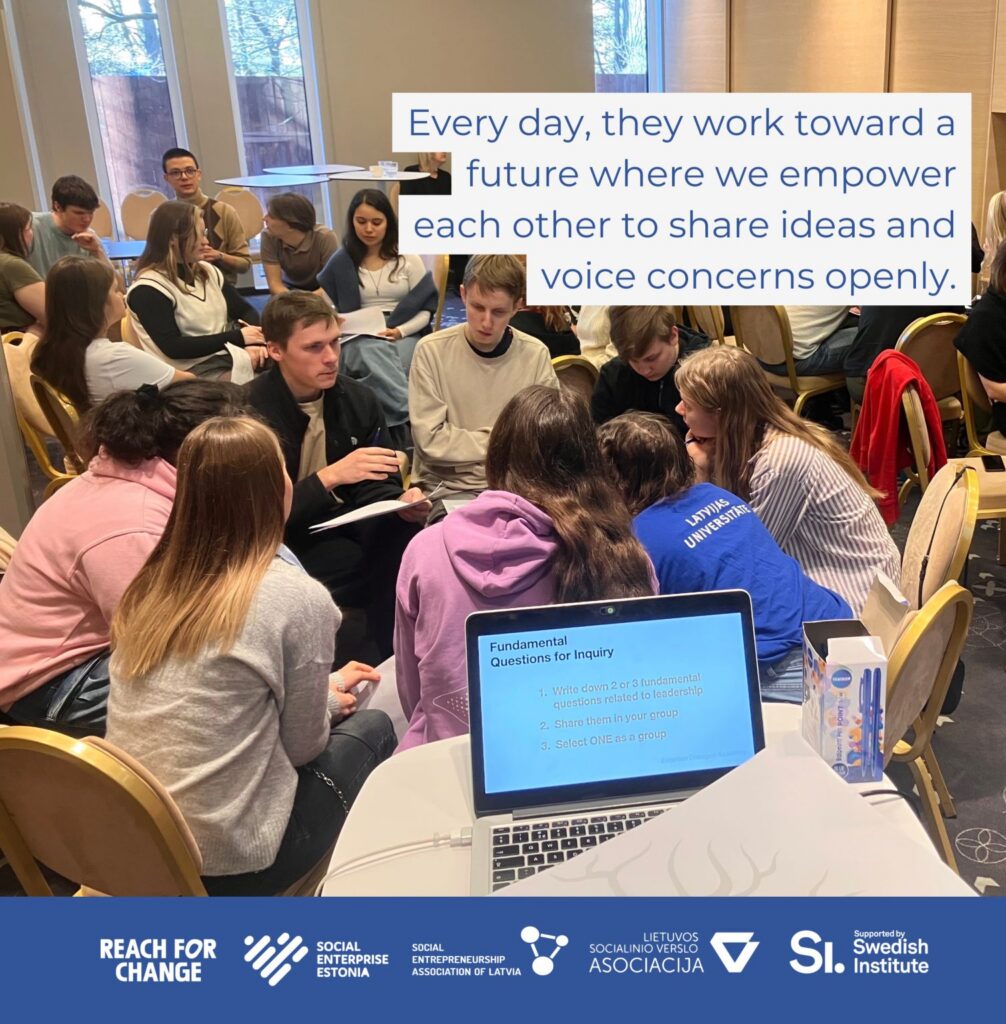
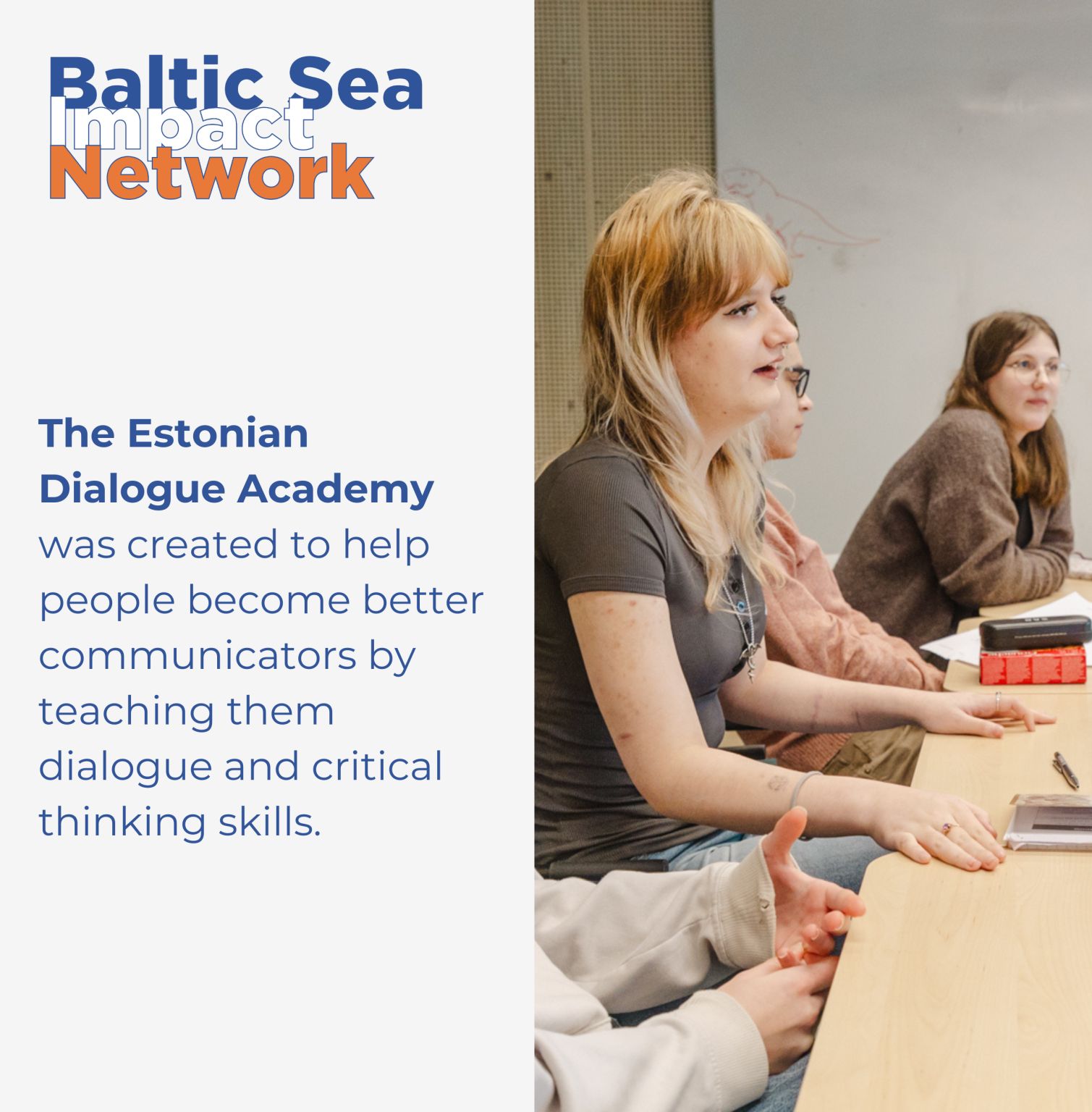
Leave a Reply
You must be logged in to post a comment.